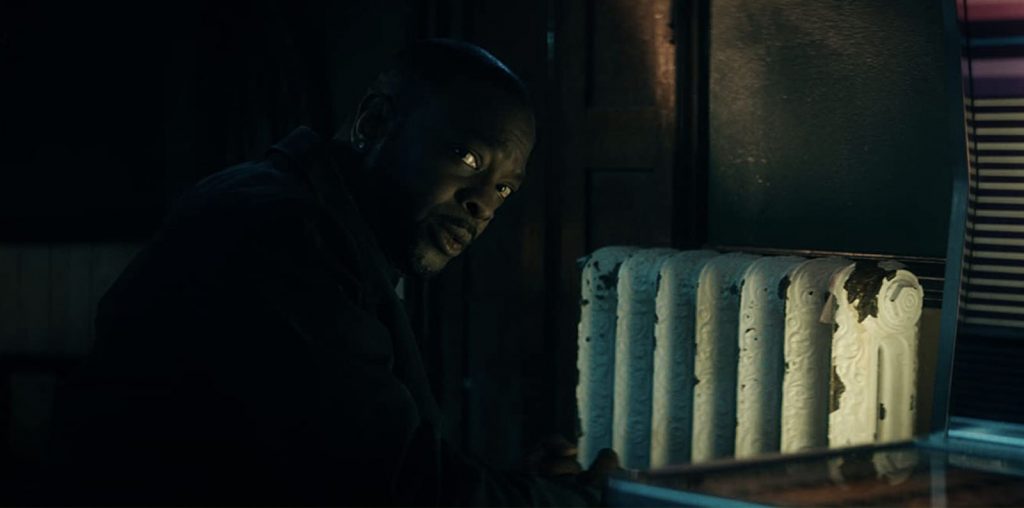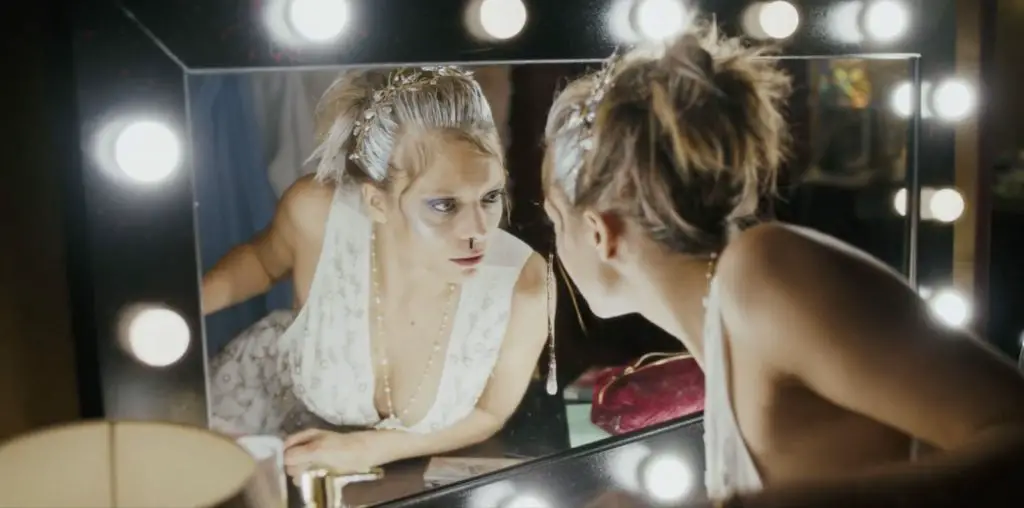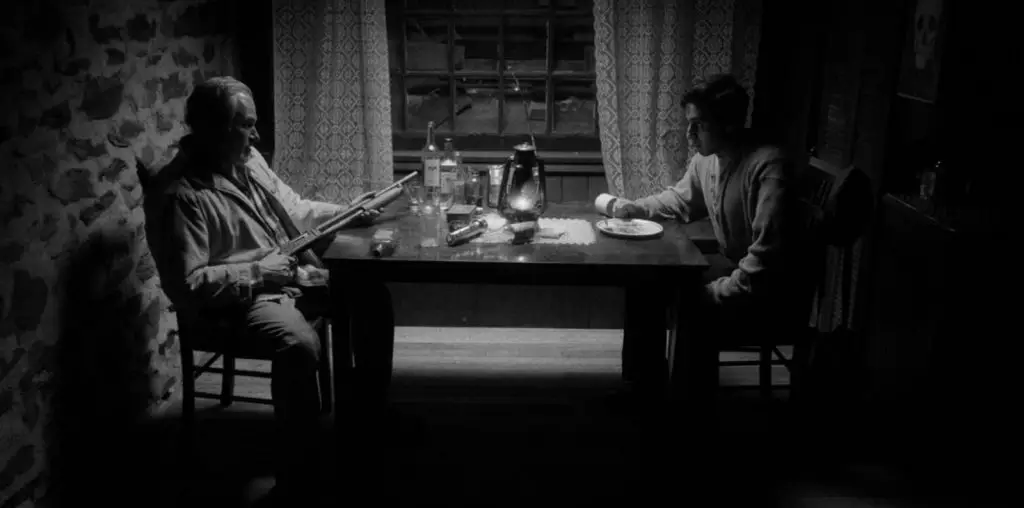
Depicting a character with multiple personalities – or suffering from dissociative identity disorder, as it is now referred to – in a story is a tricky undertaking for creative professionals. If a film is too subtle, it might run the risk of failing to register at all with a viewer. Conversely, if a film goes too far in the opposite direction, it might be perceived as simply bonkers. The one-man short Mirror Mirror, written and directed by Harmeet Singh Grewal, takes its cue from the too-much-is-a-good-thing school of storytelling.
Following a quick and cryptic phone call reminding him not to miss an important meeting, Anthony (David Brown-King) is getting ready to head out. He smooths his eyebrows, adjusts his shirt collar, and neatens his hair. He smiles at himself in what we presume is a mirror. Then Anthony hears a knock. Well, not a knock, really, but rather a sinister voice devilishly intoning the words, “knock knock.” The voice belongs to an entity named Tony, and it appears to be emanating from the covered-up mirror that Anthony is facing. Once he pulls back the cloth, it becomes clear that Tony is a manifestation living inside Anthony as a separate and evil personality.
At the end of the film, a few title cards attempt to qualify Mirror Mirror as a serious examination of an extreme circumstance of dissociative identity disorder. Nevertheless, as shown, the preceding 10 minutes are impossible not to be viewed as much more than an elaborate exercise in scenery-chewing. There is no question that Brown-King is fully committed to the dual role of Anthony/Tony. But playing a character afflicted with this disorder involves much more than some wild-eyed facial stretching and vocal inflections.
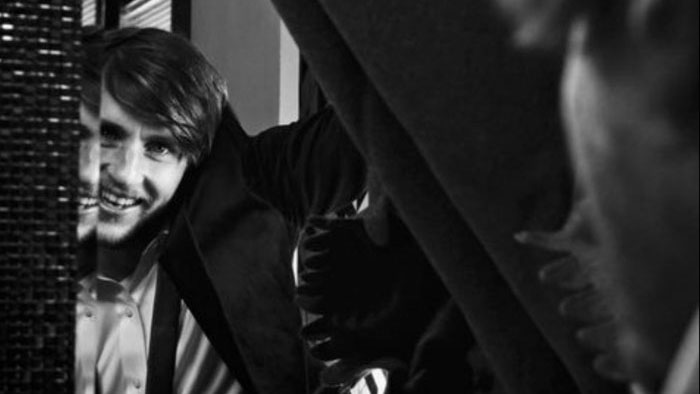
“…he pulls back the cloth, it becomes clear that Tony is a manifestation living inside Anthony…”
The fact that Tony is presented as nothing more than a textbook and cartoonishly evil imp personality, without providing any deeper context, all but requires the only actor in the film to lean into the dichotomy of nice and placid Anthony one minute, ghoulish and crazy Tony the next. As a result, the film wants to be a riff on Jekyll and Hyde but allows room only for the transitional aspects of that story and character while providing none of the pathos.
Mirror Mirror is gorgeously shot in lush black-and-white. Grewal and DP Israel Arias make excellent use of shadows and light, especially early on. For example, when Anthony is talking on the phone, one half of his face is well-lit, while the other half is in shadow. The lighting in this scene nicely foreshadows the battle Anthony will soon wage between the forces of good and evil inside his head. However, it takes more than beautiful cinematography and committed acting to genuinely and profoundly affect a viewer.
If Grewal desires to investigate the potential horrors of dissociative identity disorder, perhaps he might benefit from a little more time spent fleshing out the story to truly uncover the root cause of Anthony’s affliction. But, ultimately, the honorable intentions of Mirror Mirror are undermined as the film produces little more than meaningless theatrics.
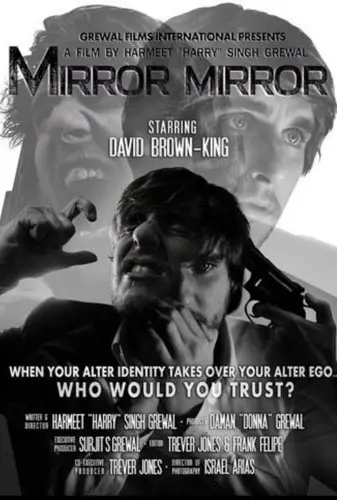
"…gorgeously shot in lush black-and-white."
